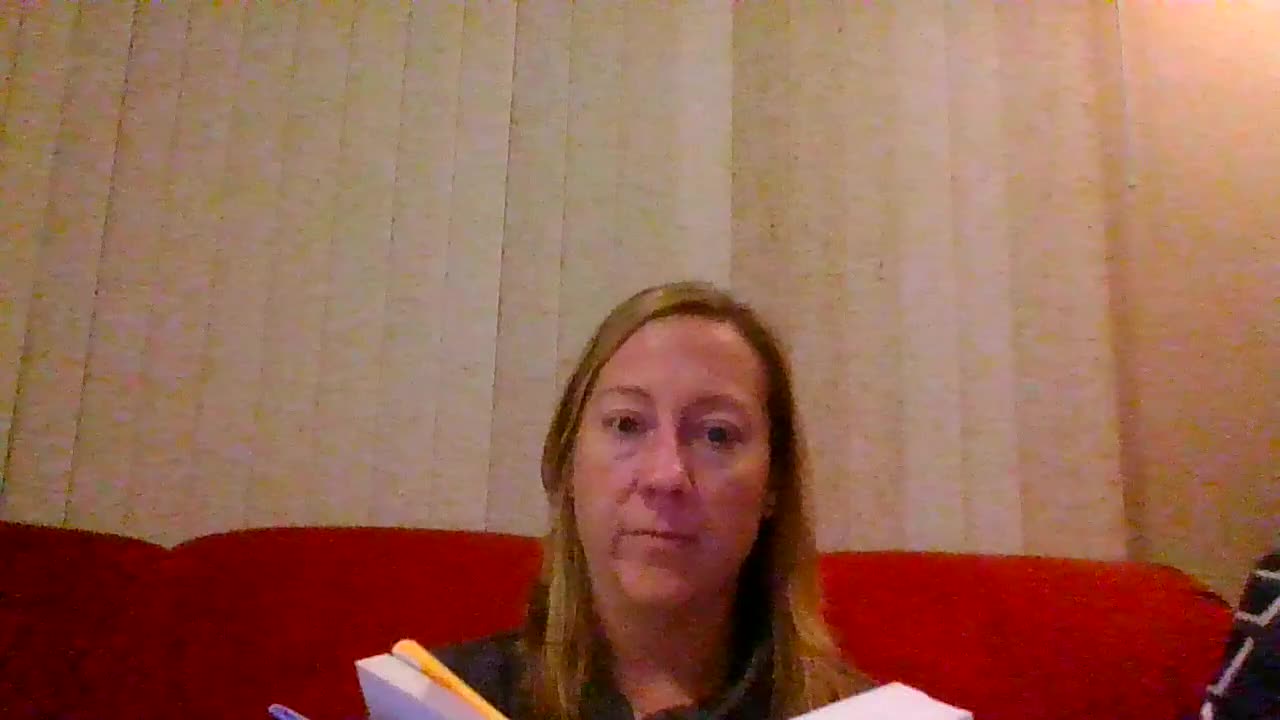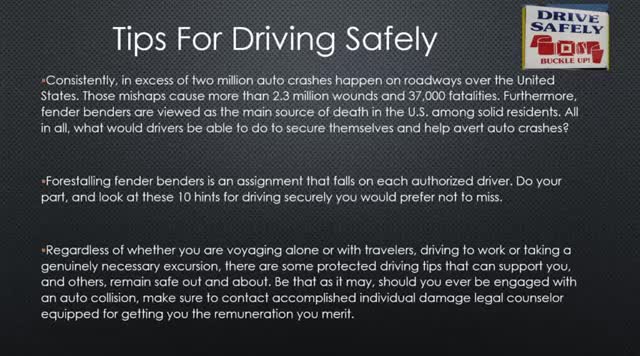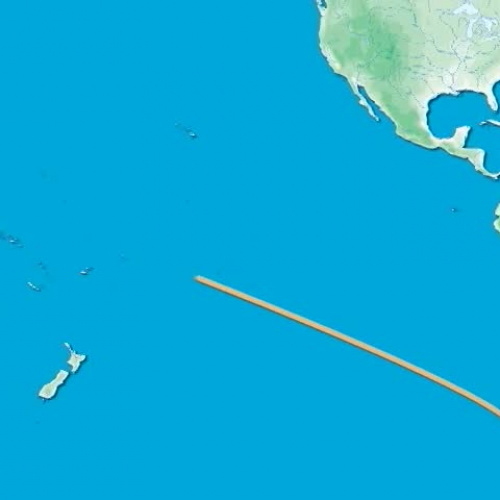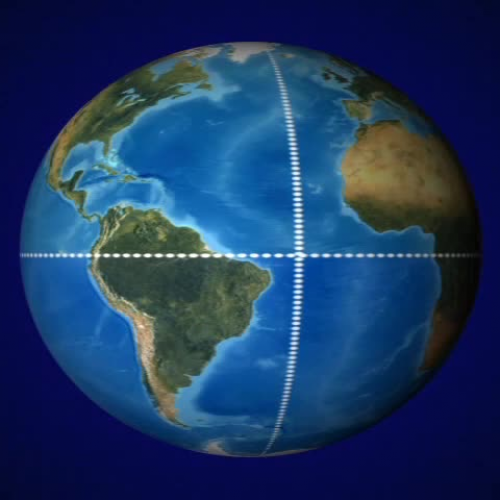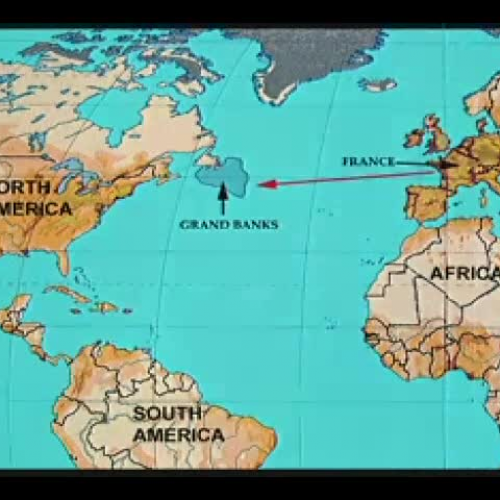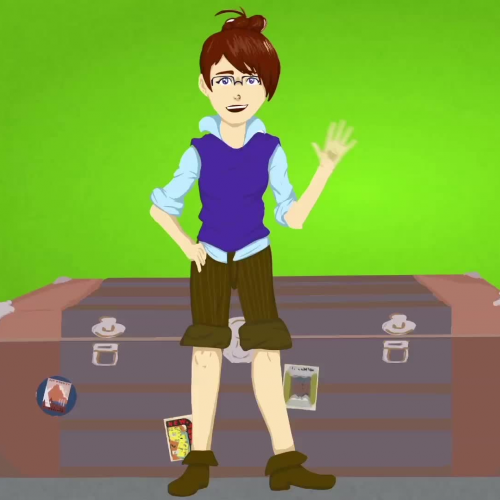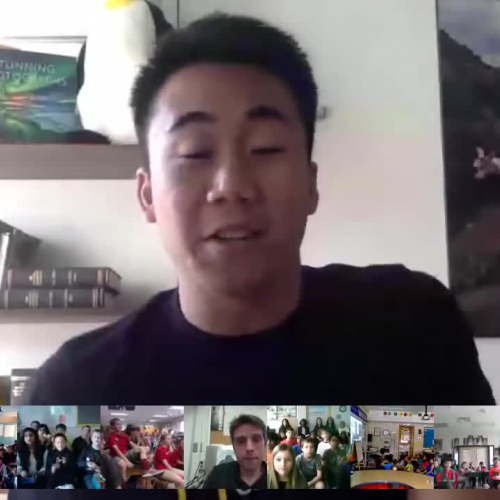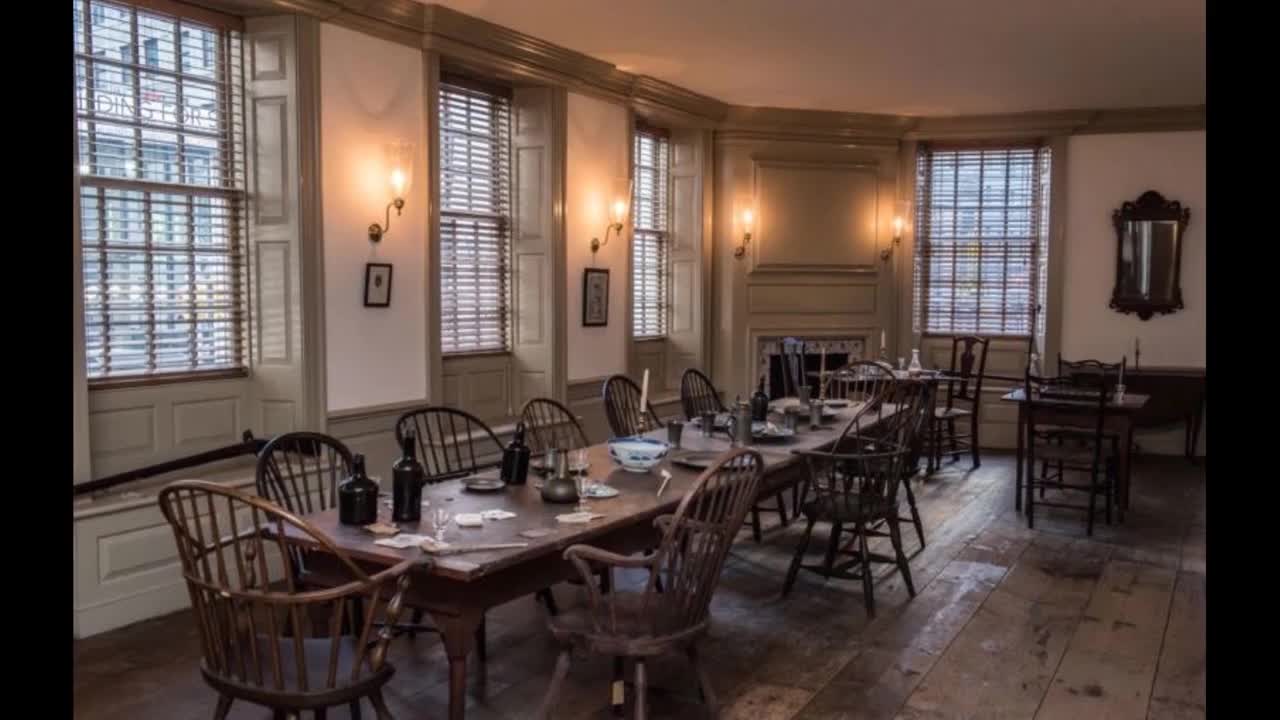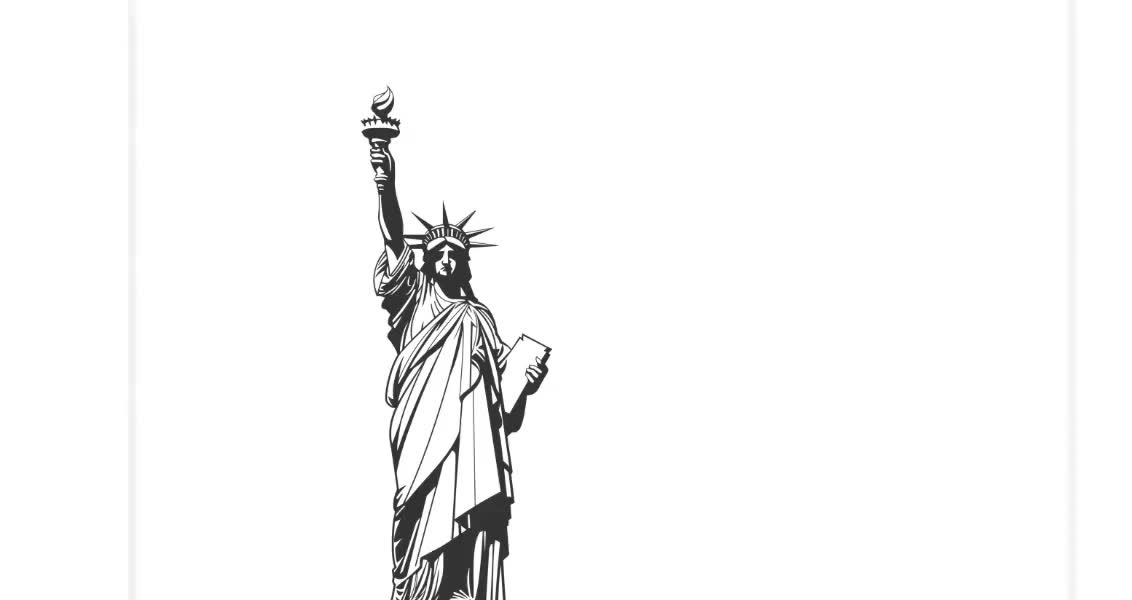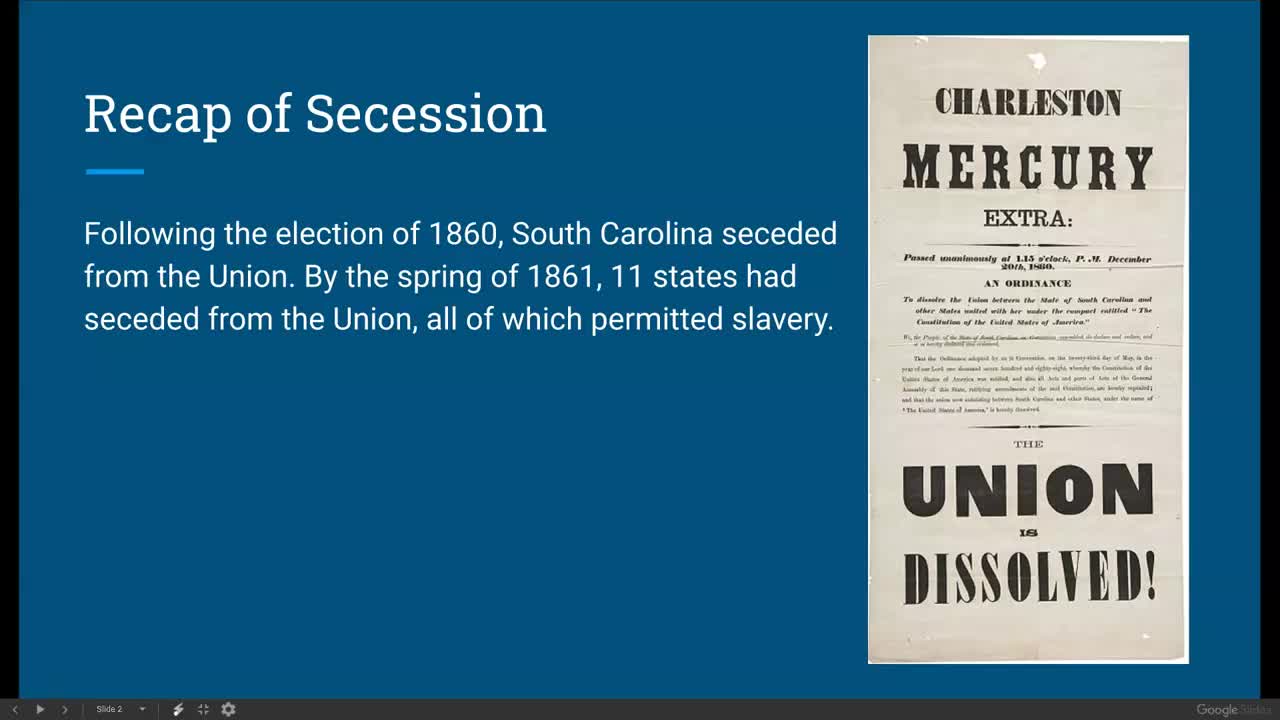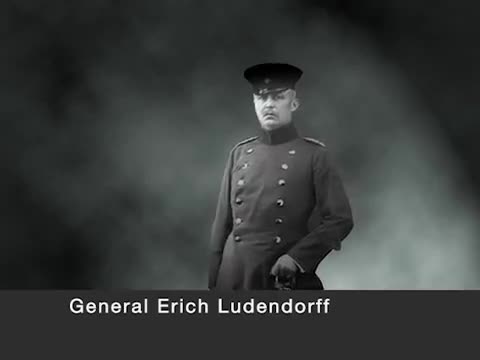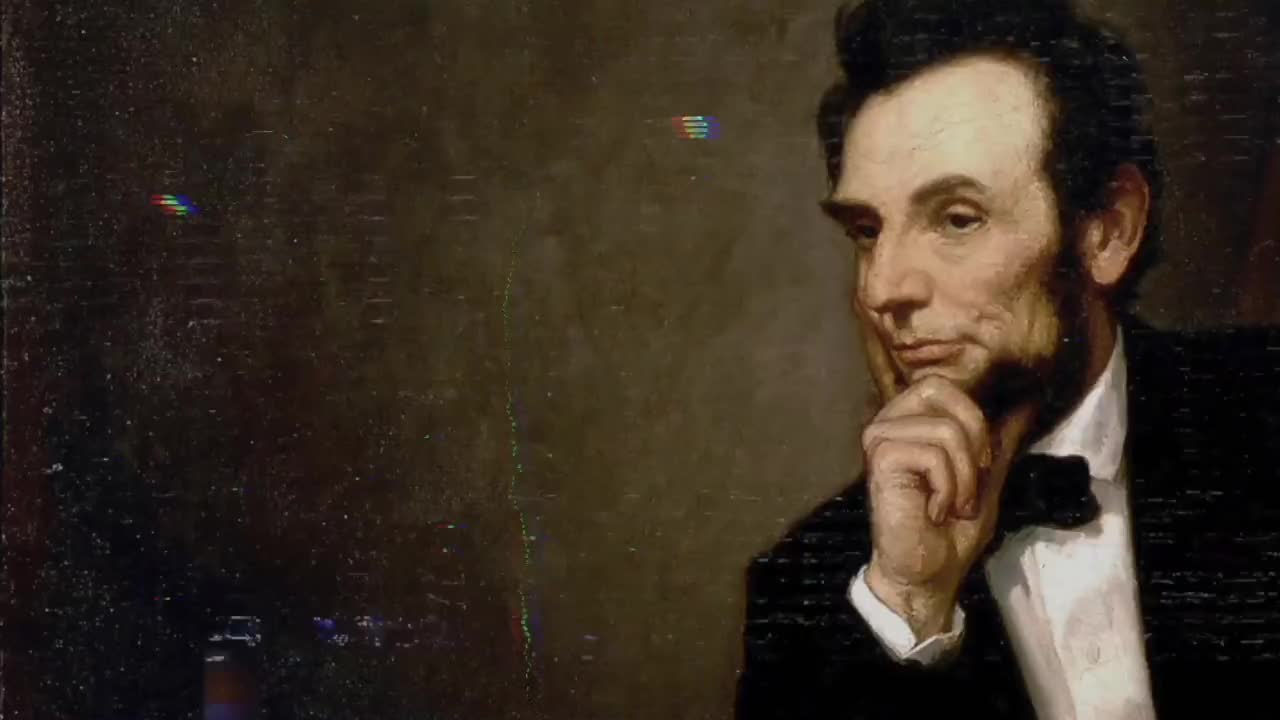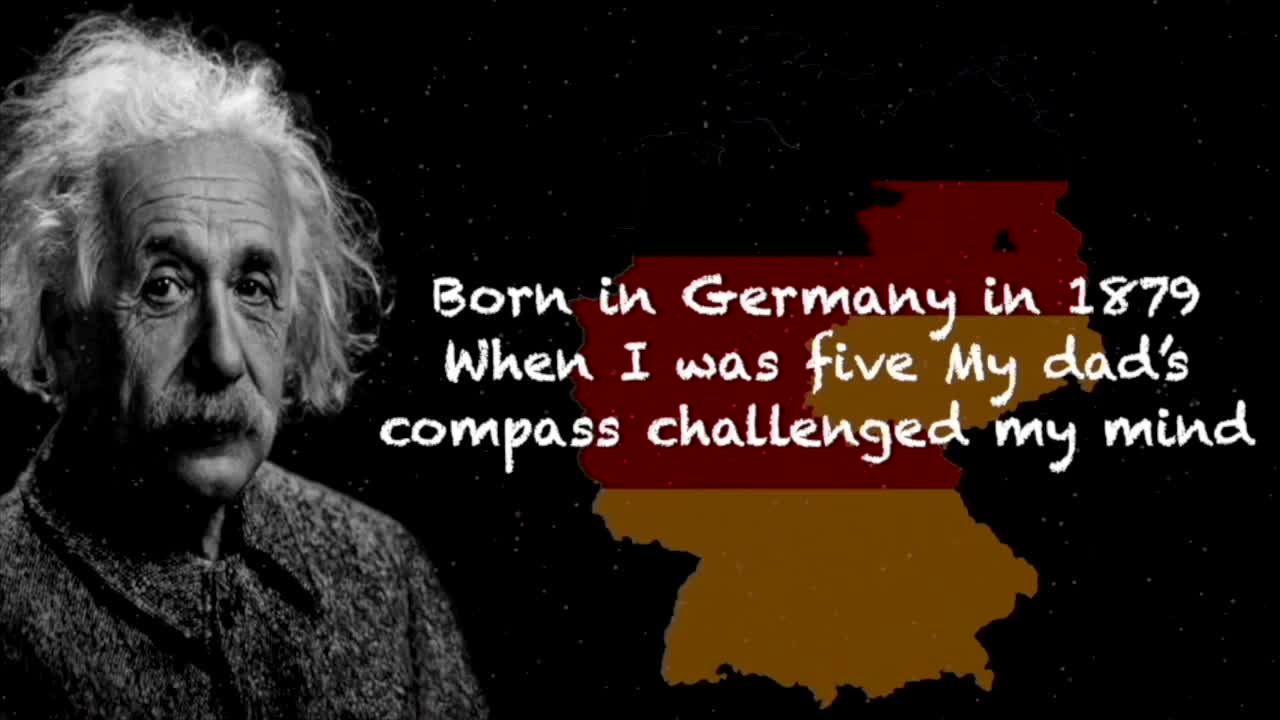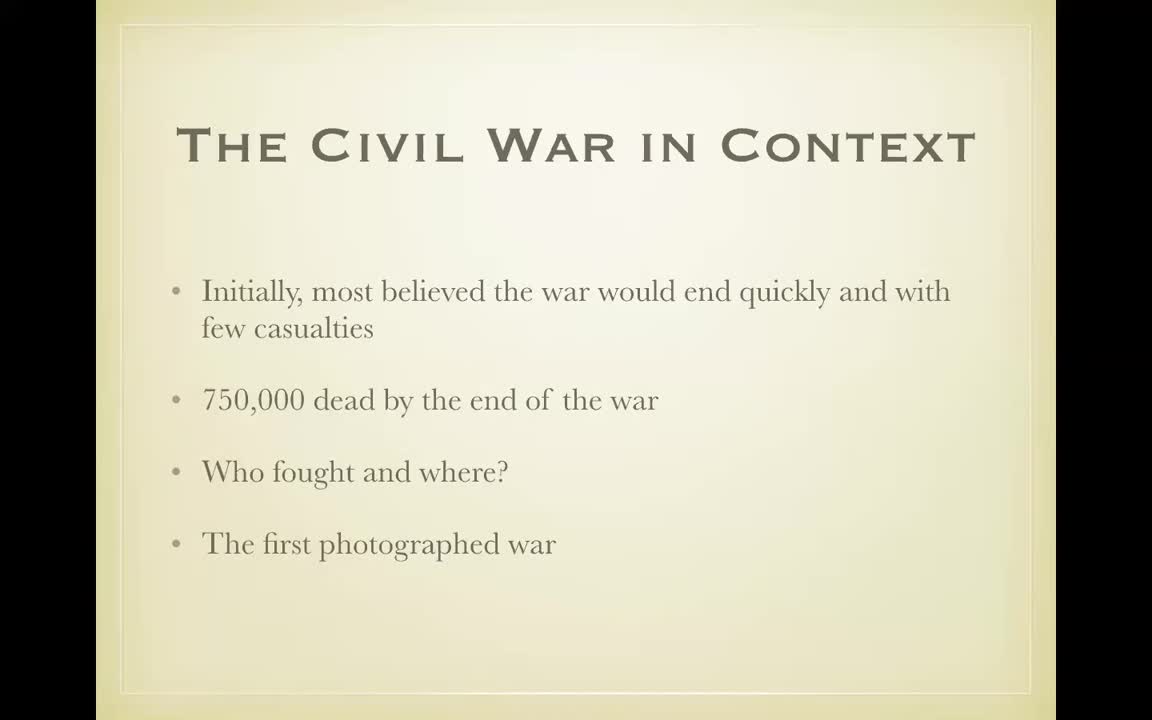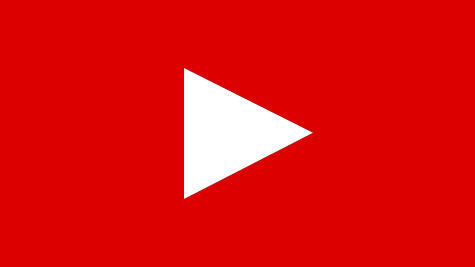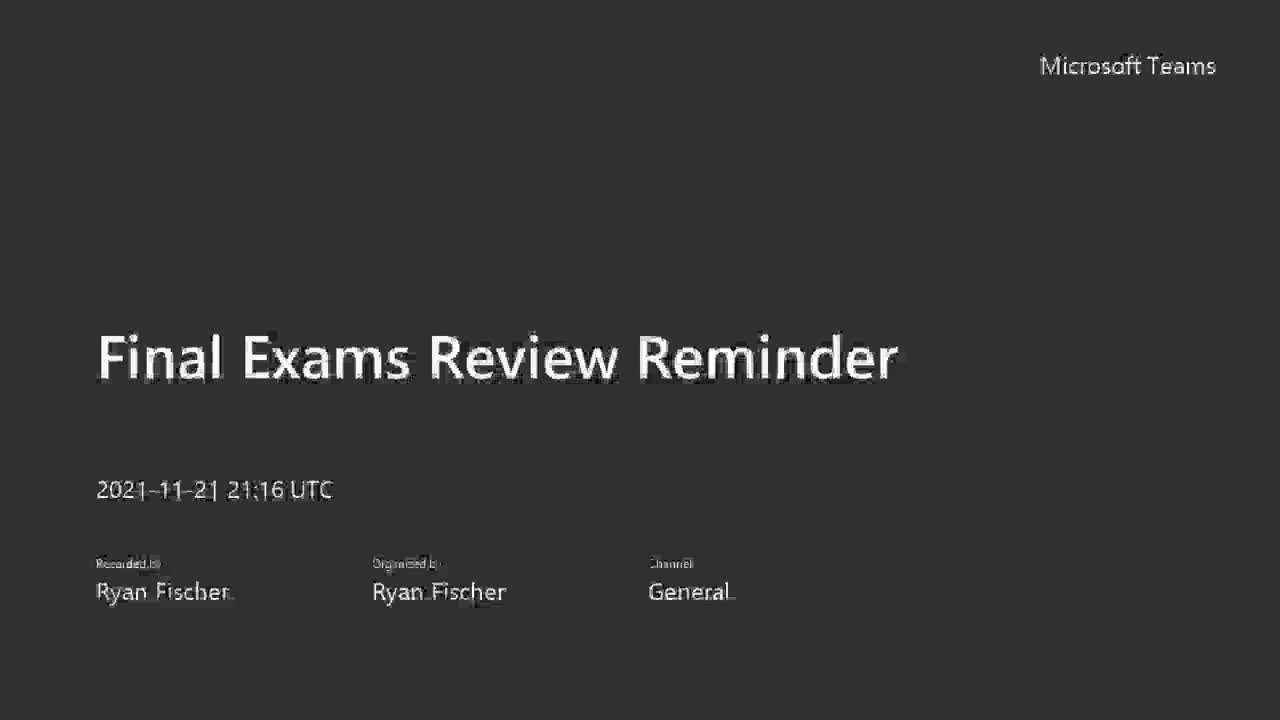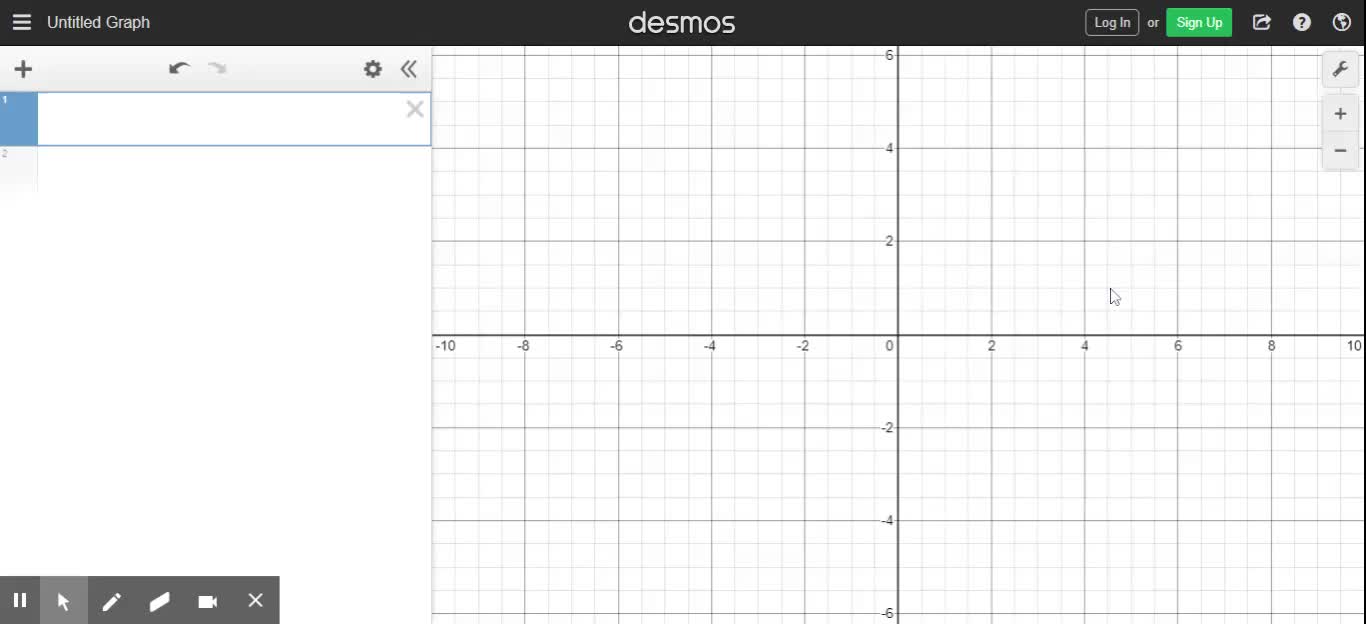War of 1812
High School / History / Exploration
Everyone knows the story of the American Revolution, and our struggle for independence from the British. However, there was another war that secured America's freedom and place as a power in the world. It was the war of 1812. Once the American Revolution ended, the new nation noticed the United States still had the constant threat of the British Empire lurking over its shoulder. The British still held territories and Canada and western portions of the Great Lakes. The British were also giving aid and assistance to the Native American Indians in order to prevent expansion efforts into the western territories by the United States. What hurt the Americans the most was the constant interference of trade with Europe. British warships frequently stopped U.S. merchant ships and seized them and the crew they thought were former British sailors. Britain would imprison the U.S. sailors and force them to fight in the British navy against France. The continuing impressment of American seamen was a major complaint of the U.S. government. Back in 1807, when Thomas Jefferson was president, the British warship leopard attacked the U.S. warship Chesapeake. The British navy boarded and removed some of the American crew members. In an effort to prevent all out war with Britain, Jefferson passed the embargo act. Which stopped most of the United States trading with Europe. The United States economy was hurt the most. However, in 1811, the U.S. Congress included a group of men known as the war hawks. These men demanded war against Britain in order to redeem a national sense of pride and to protect American commerce. The war hawks were led by John C Calhoun of South Carolina and Henry Clay of Kentucky. Finally, on June 18th, 1812, president James Madison signed a declaration of war against Britain. The events leading up to this declaration had been brewing for years and years. The United States planned to conquer British forces in Canada. They led three main offenses across the Canadian U.S. border. In the west, the U.S. Army was led by general William hall along with the Detroit river. The second offense was aimed at Montreal in the east by way of Lake champlain. The final attack was up the center along the Niagara river. The battle of Quentin hikes in October 1812 was the first major defeat. The U.S. Army withdrew from the Canadian border before the actual battle was fought. The battle of frenchtown in January of 1813 was another loss for the United States. In September, 1813, the American navy defeated the British in the battle of Lake Erie. Under the command of Oliver as your parent. The British lost control of the supply lines to the west and had to return to the east. There was another victory for the American forces. The battle of the thanes, general William Henry Harrison, and the U.S. Army defeated the British forces and their Indian allies. The popular Indian chief Takuma died during bad battle. Even with the small number of victories, the morale, the U.S. Army was low and Britain still held on to its Canadian territories. Two U.S. warships fought sea battles against British warships and won this was a stunning blow to the British navy since they claimed supremacy on the high seas for so many years. The warships constitution and the United States delivered victories at sea, offsetting the losses and Canada. Meanwhile, back in Europe, the Napoleonic Wars between Britain and France ended with a victory for Great Britain. The British Empire now refocused its energy on winning the war in America by sending more troops and more warships to the United States. The British prepared to crush the U.S. Army and navy by attacking both in the north and in the south. They sent a force into Lake champlain and upper New York and along the Hudson River to cut off New England from the rest of the country. The other force was directed to New Orleans, where the British planned to block off the mouth of the Mississippi River and prevent trade into the low country. While attacks in the north and the south took place, the British created a diversion in the Chesapeake Bay Area. They won the battle of bladensburg with ease and marched onto Washington D.C. forcing president Madison and his wife valley to flee. The British Army burned almost all the public buildings in Washington, D.C., including The White House. The British moved to attack Baltimore and fort mchenry where they met strong resistance. This inspired writer Francis Scott Key depend The Star-Spangled Banner. While these battles were taking place, the war was officially ended in December of 1814, with the treaty of Ghent, both the U.S. and Britain found themselves signing a document where neither side had gained a thing. Everything reverted back to the way it was before the war. However, where did the treaty didn't arrive in America until months later, the British attacked the Americans in the battle of New Orleans. General Andrew Jackson led the United States to a victory over the British forces, over two thousand British soldiers lost their lives in that battle. Even though the treaty of Ghent was signed months before the battle of New Orleans, the United States felt they won the war of 1812.

